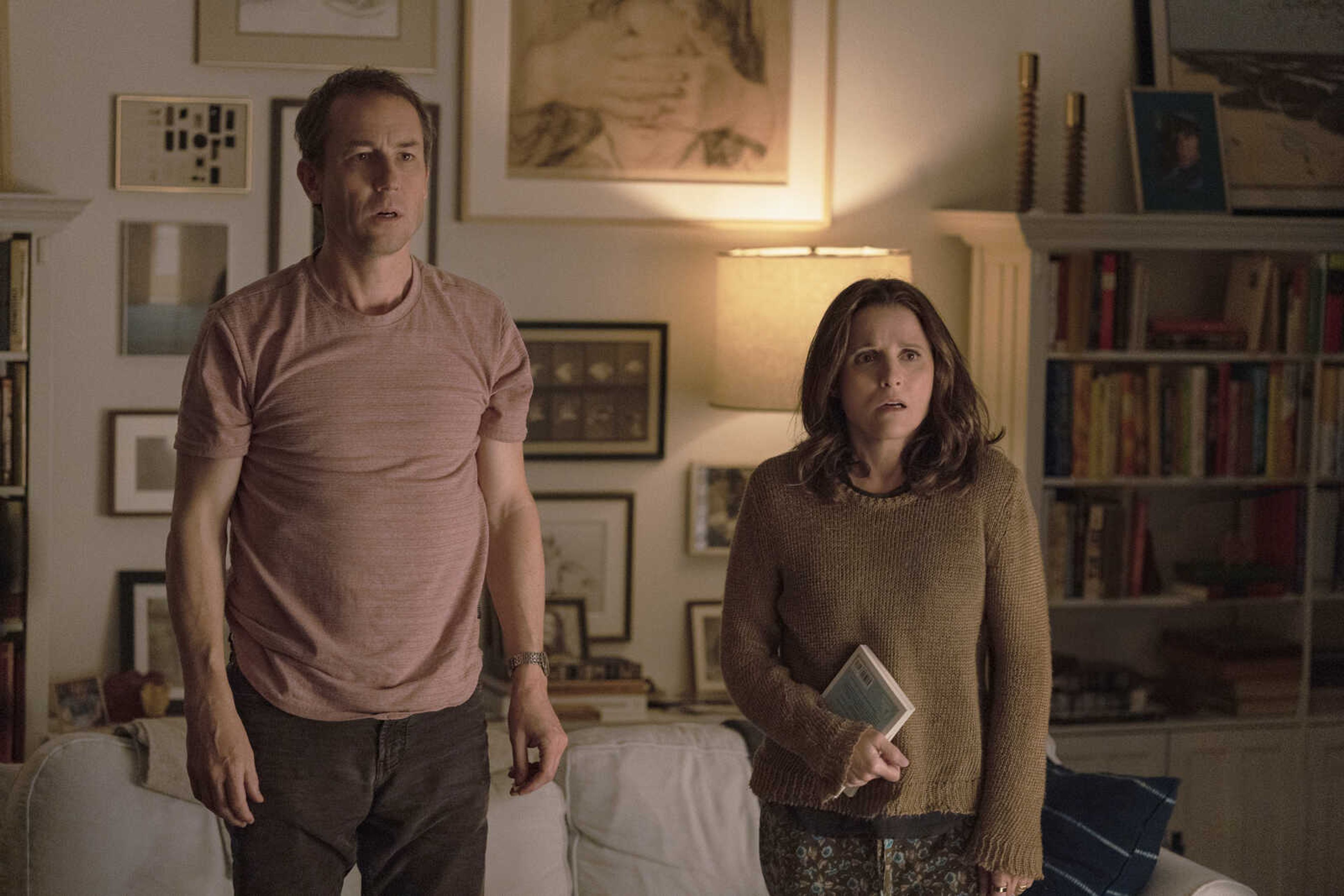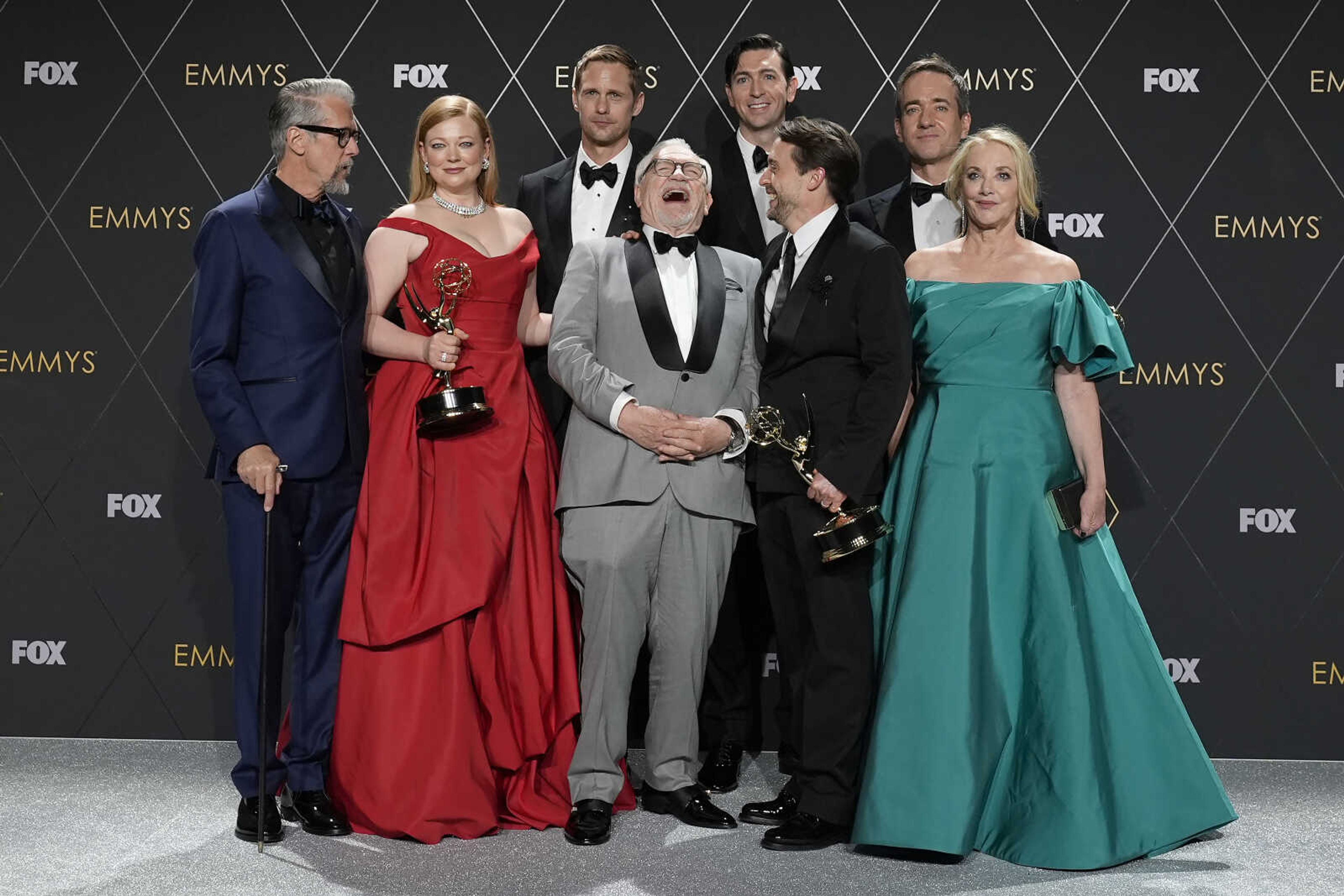Maktub - Putting Seattle back on the music map
SEATTLE little after 1 p.m. on a Tuesday, a cab pulls up at the home of Daniel Spils, keyboardist for Seattle "heavy soul" band Maktub. Out steps lead singer Reggie Watts, bearing his impressive Afro, a box of Kellogg's and a carton of soy milk. "Hey man," he says to Spils. "Can I borrow a bowl?"...
SEATTLE
little after 1 p.m. on a Tuesday, a cab pulls up at the home of Daniel Spils, keyboardist for Seattle "heavy soul" band Maktub.
Out steps lead singer Reggie Watts, bearing his impressive Afro, a box of Kellogg's and a carton of soy milk.
"Hey man," he says to Spils. "Can I borrow a bowl?"
It might be the first time in the history of Seattle music that the phrase has referred to a cereal bowl, rather than a marijuana pipe.
Spils directs Watts to the kitchen, and you get the notion that such scenes might be characteristic of a band whose very existence seems random: Soul rockers from this mostly white land of no-foam lattes and post-grunge indie punk?
Random or not, Maktub -- pronounced "MOCK-toob," an Arabic expression of affirmation which loosely translates as "it is written" -- has gained a lot of momentum in the past year with its new blend of soul. hard rock, R&B, dance-pop and acid jazz.
Behind the smooth power of Watts' voice, the quintet has launched its first national tour, beat out Pearl Jam in a weekly newspaper's vote for Seattle's best band and acquired the same booking agency used by Dave Matthews, who now lives in Seattle.
Meanwhile, Maktub has defined a new sound for the city, which hasn't seen a band break out nationally since the days of Kurt Cobain and thrift-store flannel.
"They're fairly unique," says their manager, Dave Meinert of Seattle-based Fuzed Music. "At the core, they're a soul band, but they're still from Seattle and have those rock influences. They're also a racially integrated band, which is unusual here."
Along the way, Watts has drawn justified comparisons to some fantastic singers: soul legend Al Green and former Soundgarden frontman Chris Cornell, to name the two cited most often.
"It's flattering," says Watts, 31, who also released a solo album July 15. "I mean, it's not a lie, or something I would say no to. They're definitely influences."
Watts, bassist Kevin Goldman and drummer Davis Martin formed Maktub in 1996. The band was a product of the improvisational rhythm and blues, acid jazz and rap scenes that helped fill the void left by grunge rock in the mid-'90s. Maktub relied heavily on the Internet to distribute its music.
Initially, the band was the antithesis of grunge; it didn't even have a guitarist. That changed after the release of the debut CD "Subtle Ways" in 1999. Maktub took an 18-month break, then re-formed with Spils and a guitarist, Thaddeus Turner, who has played with Brad, the side band of Pearl Jam's Stone Gossard. Turner helped Maktub explore a harder sound.
Last year Maktub released its second CD, "Khronos," which helped it win a spot on National Public Radio's "Morning Edition" and sign with New York label Velour Records, which re-released the CD in April. The album has sold close to 20,000 copies, Meinert said, and for weeks it was the best-selling disc at independent record stores in the Northwest.
Still, the band faces challenges. In addition to trying to make enough money to cover living expenses, Maktub has struggled to get radio play, at least partly due to a radio station climate that tends to discriminate against artists that can't be placed in a category.
"You used to be able to drive across the country and each town would be playing different music, based on their culture or what they like," Goldman says. "Now, that's destroyed. Everywhere you go you're getting the same meal."
But the first song on Khronos, "You Can't Hide," has started getting spins on radio stations around the country that use a "noncommercial adult alternative" format. And the band's first swing to the East Coast earlier this year provided some exposure and confidence.
"You go to places like New York and play a sold-out show at the Tribeca Rock Club, and it gives you this whole new sense that the band has a pretty global appeal that before you didn't know how to gauge," Spils says.
Sound checks during the tour provided a chance for the band to do a lot of writing: Maktub has dozens of unrecorded songs and plans to get back into the studio when they're done touring for the year.
As for where they'd like to go from here, band members cite a number of musicians who have succeeded without selling out: Radiohead, Peter Gabriel and Ben Harper, among others.
"It's all about getting the music out there," Watts says.
ON THE NET
Connect with the Southeast Missourian Newsroom:
For corrections to this story or other insights for the editor, click here. To submit a letter to the editor, click here. To learn about the Southeast Missourian’s AI Policy, click here.








